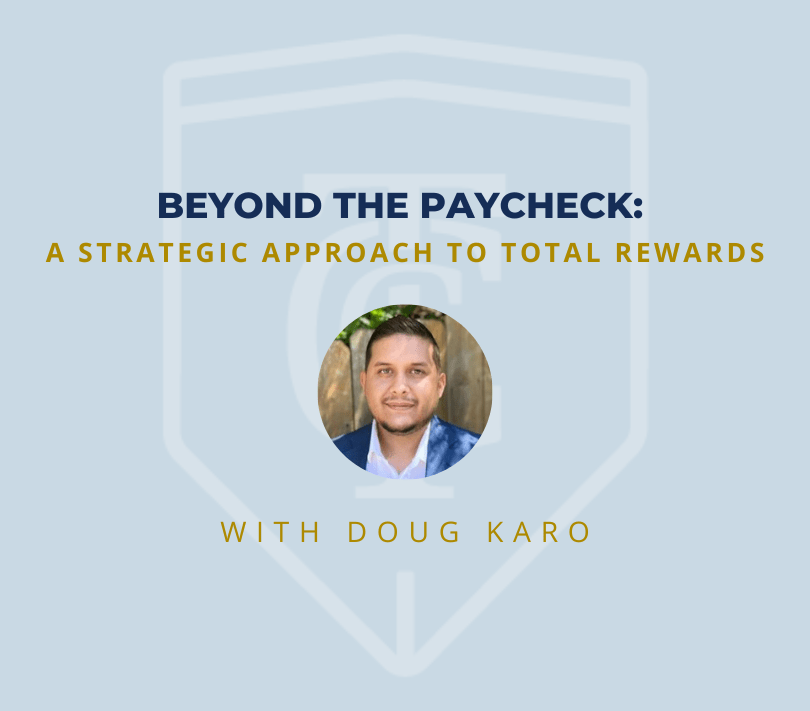
The era of boundless spending on total rewards is waning. As economic pressures mount, organizations are taking a step back to assess and optimize their compensation and benefit packages. A recent Gallagher report revealed a significant decline in total rewards enhancements in 2024 compared to previous years.
Payscale’s 2024 Salary Budget Survey further emphasizes this trend, with U.S. employers budgeting for 3.5% average pay raises in 2025, a slight decrease from 2024’s actual increases. While this figure still exceeds pre-pandemic baselines, it signals a return to more moderate salary growth.
Balancing Cost and Competitiveness
While organizations are pulling back on overall compensation spending, it’s essential to avoid across-the-board cuts that could erode employee morale and increase turnover. A strategic approach is crucial.
- Focus on high-performing employees: Reward top talent with above-average increases to maintain engagement and retention.
- Differentiate compensation by role and industry: Tailor salary adjustments to reflect market conditions and internal equity.
- Leverage non-monetary rewards: Offer flexible work arrangements, professional development opportunities, and recognition programs to supplement compensation.
Optimizing Benefits Packages
Beyond base salaries, organizations must optimize their benefits offerings to attract and retain top talent. By carefully analyzing employee needs and preferences, companies can identify areas for improvement and cost savings.
- Personalization: Offer a variety of benefits options to cater to diverse employee populations.
- Wellness focus: Prioritize physical and mental health programs to enhance employee well-being.
- Financial wellness: Provide tools and resources to help employees manage their finances.
Measuring the Impact
To ensure that total rewards investments deliver the desired outcomes, organizations must implement robust measurement and evaluation processes. Key metrics include:
- Employee satisfaction and engagement
- Turnover rates
- Time-to-fill for open positions
- Return on investment for benefit programs
By tracking these metrics, organizations can identify areas for improvement and make data-driven decisions about their total rewards strategy.
In conclusion, the era of excessive compensation growth is giving way to a more strategic approach. By carefully balancing cost management with employee needs, organizations can build effective total rewards packages that drive business success.
About Doug Karo, Recruiting Manager
 With over a decade of experience in executive search, Doug is a seasoned professional renowned for delivering top-tier talent acquisition solutions. Specializing in Human Resources, he excels at identifying and securing high-caliber talent across diverse industries and functions. Doug has successfully partnered with prestigious organizations, including Vail Resorts, Trader Joe’s, Freedom Financial, Eisner Health, and Boart Longyear, among others. To learn more about Doug, visit his bio page.
With over a decade of experience in executive search, Doug is a seasoned professional renowned for delivering top-tier talent acquisition solutions. Specializing in Human Resources, he excels at identifying and securing high-caliber talent across diverse industries and functions. Doug has successfully partnered with prestigious organizations, including Vail Resorts, Trader Joe’s, Freedom Financial, Eisner Health, and Boart Longyear, among others. To learn more about Doug, visit his bio page.

